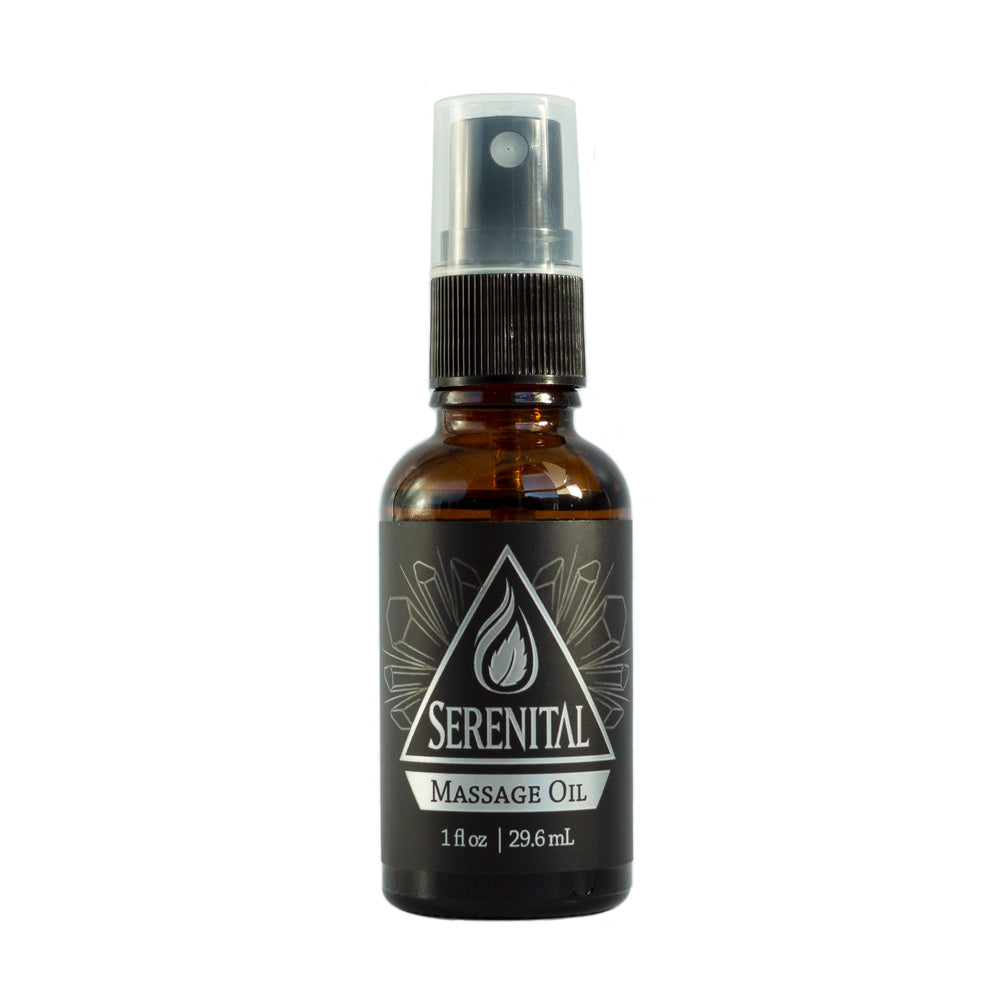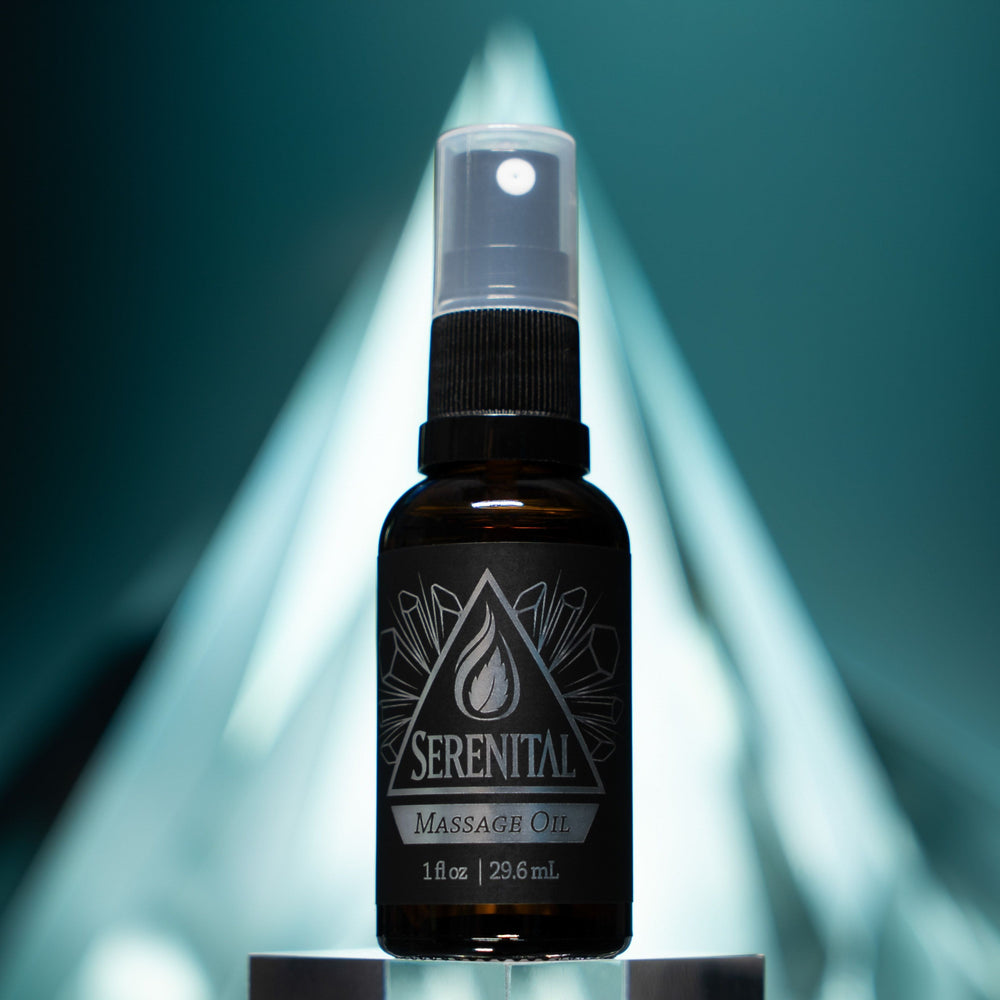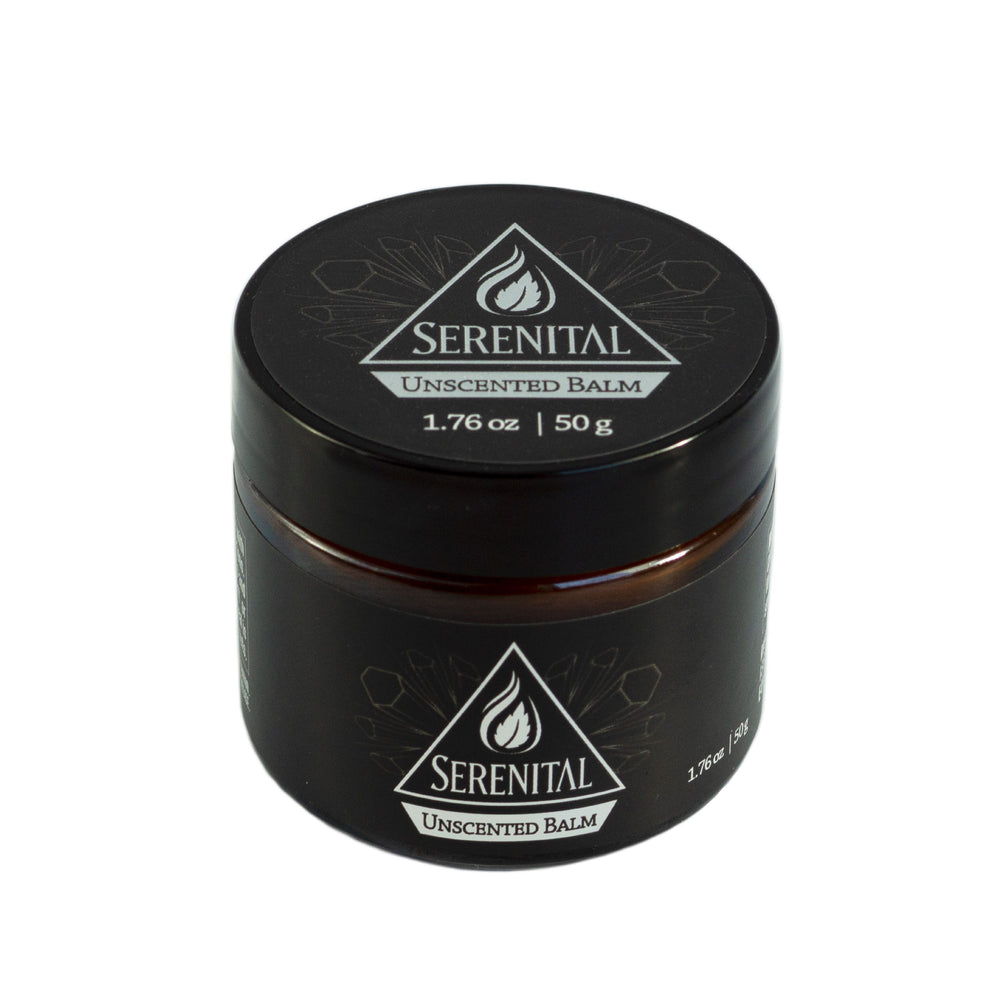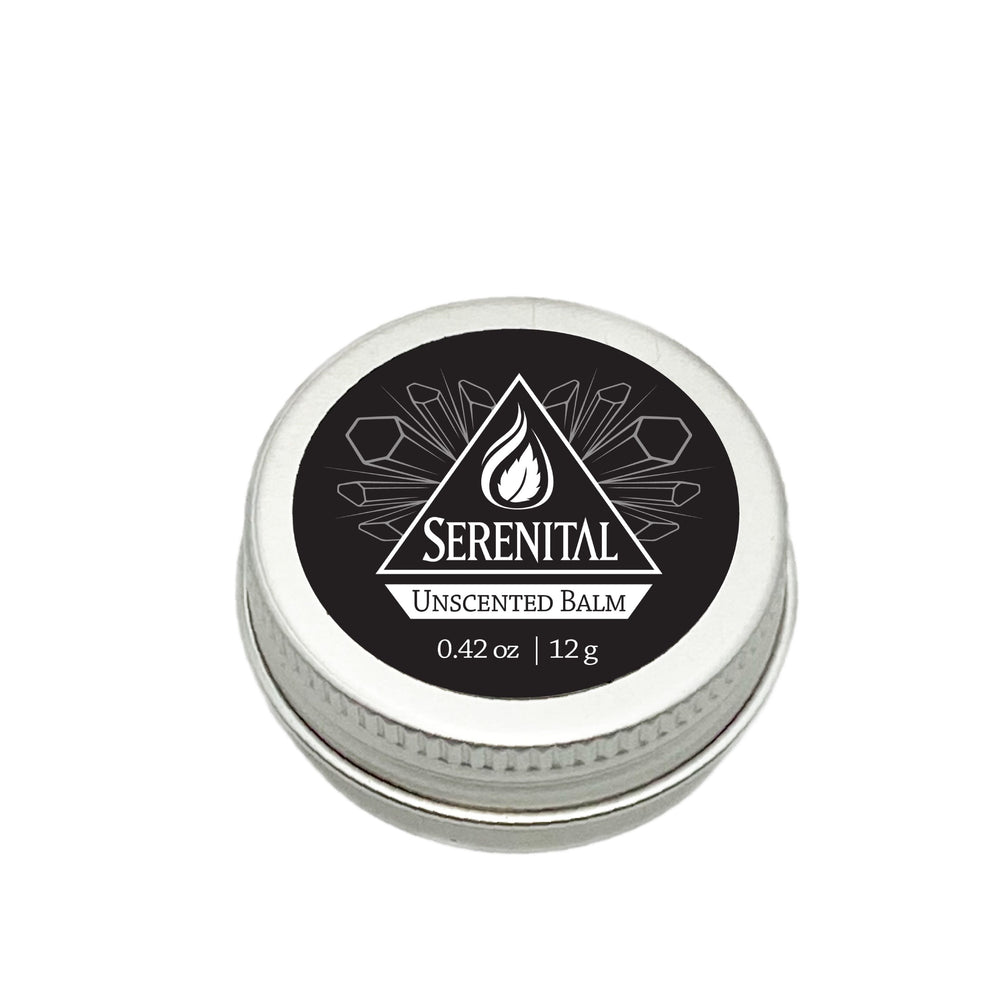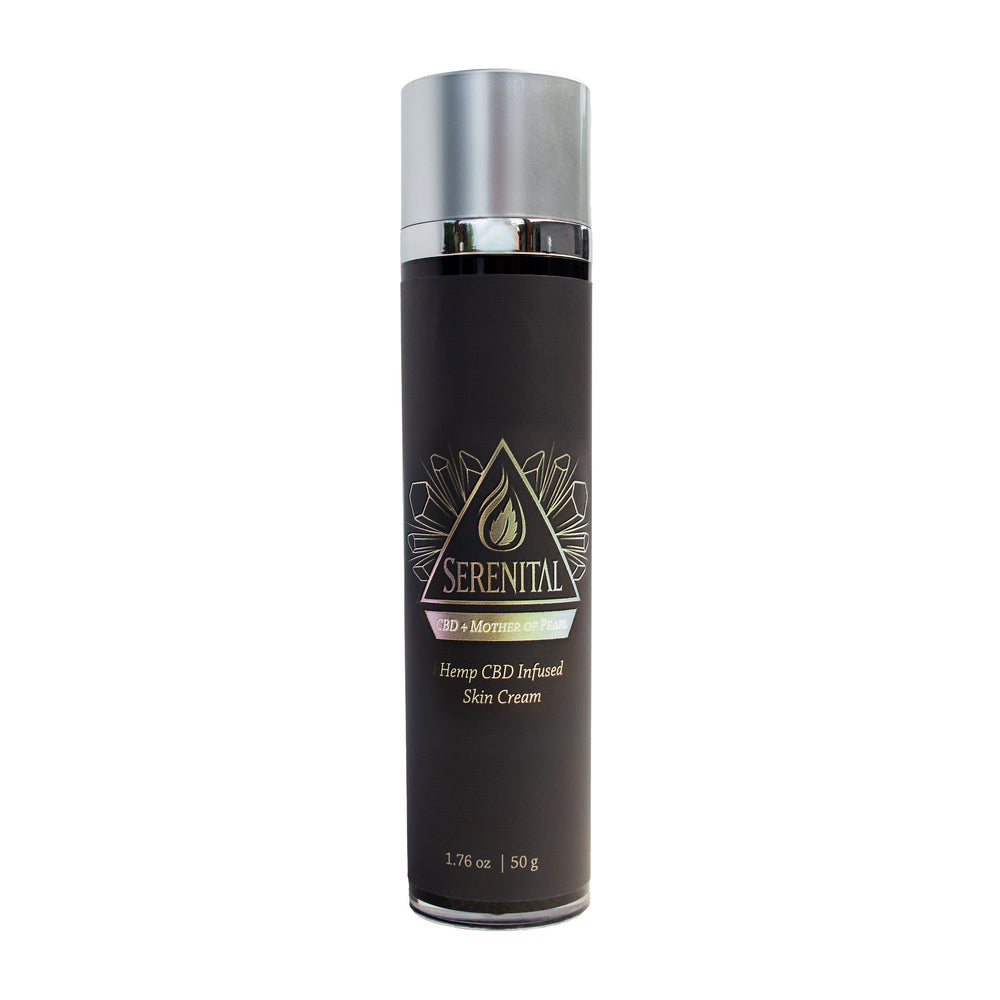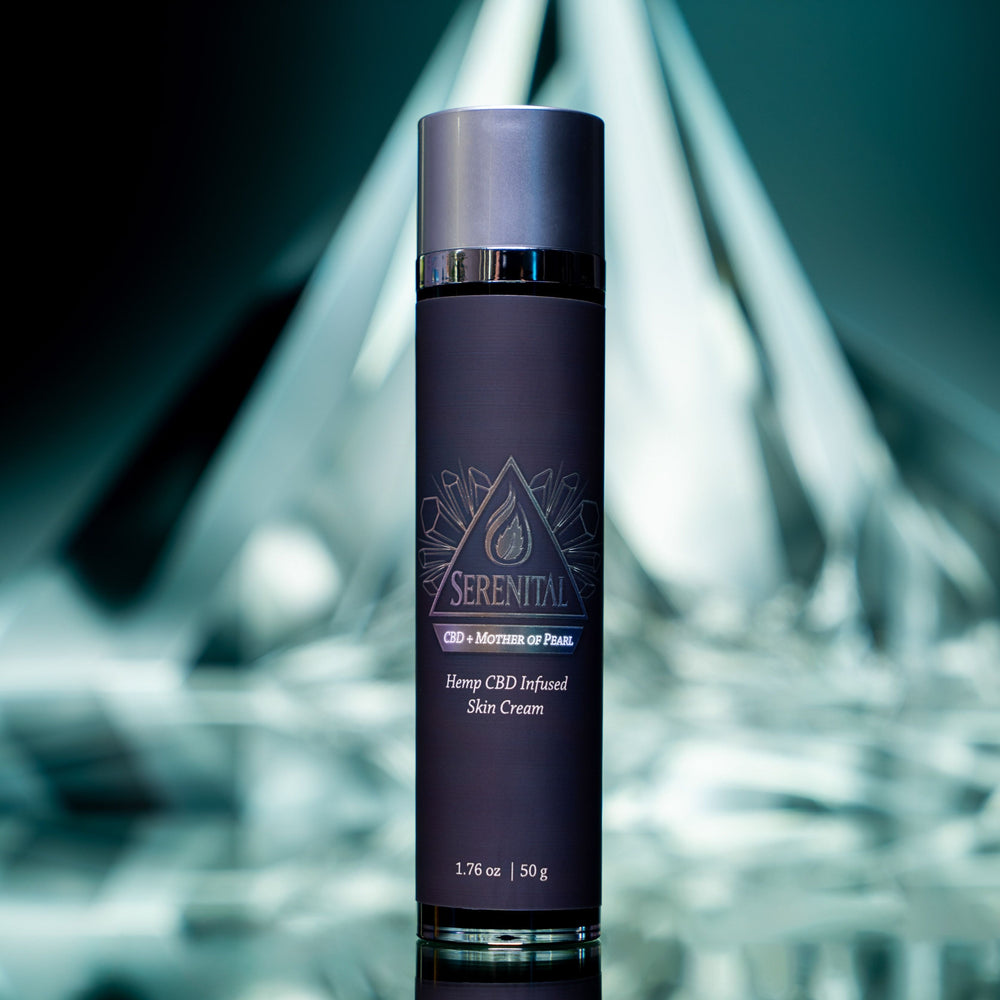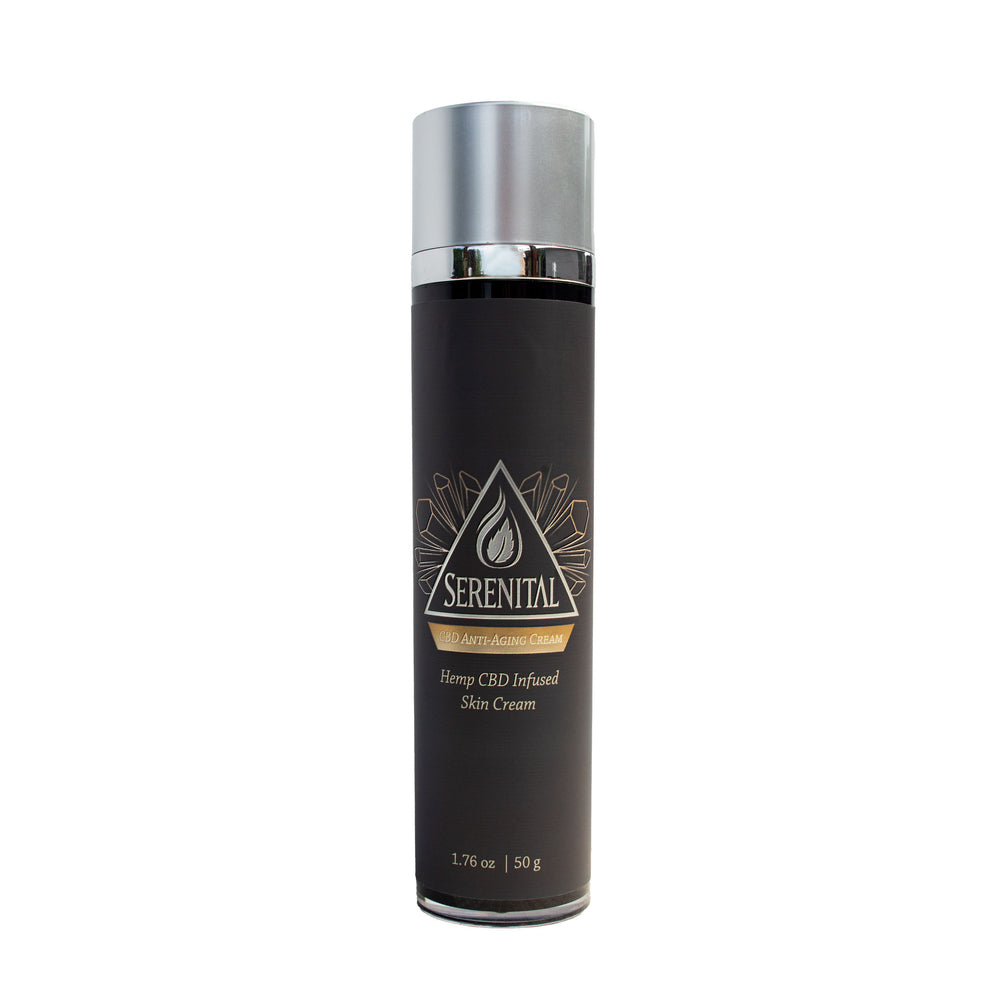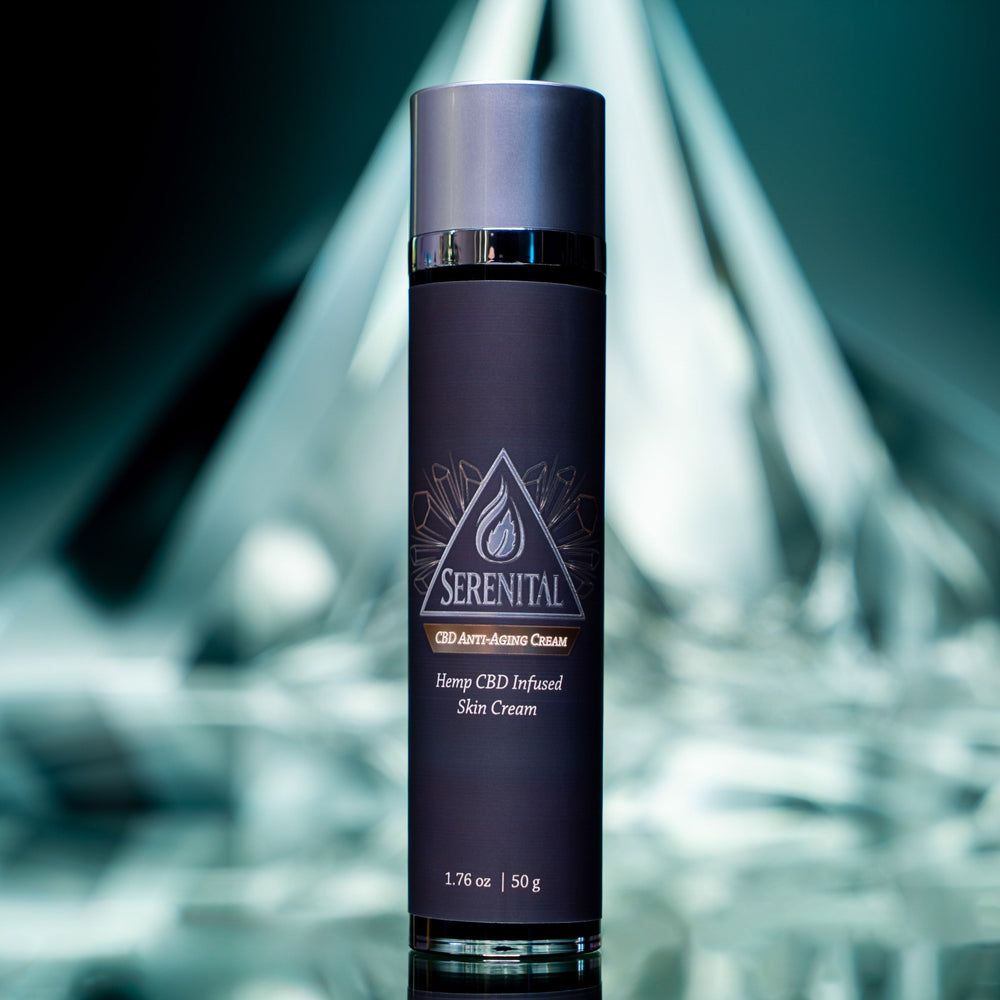The Science of CBD & Skin Health
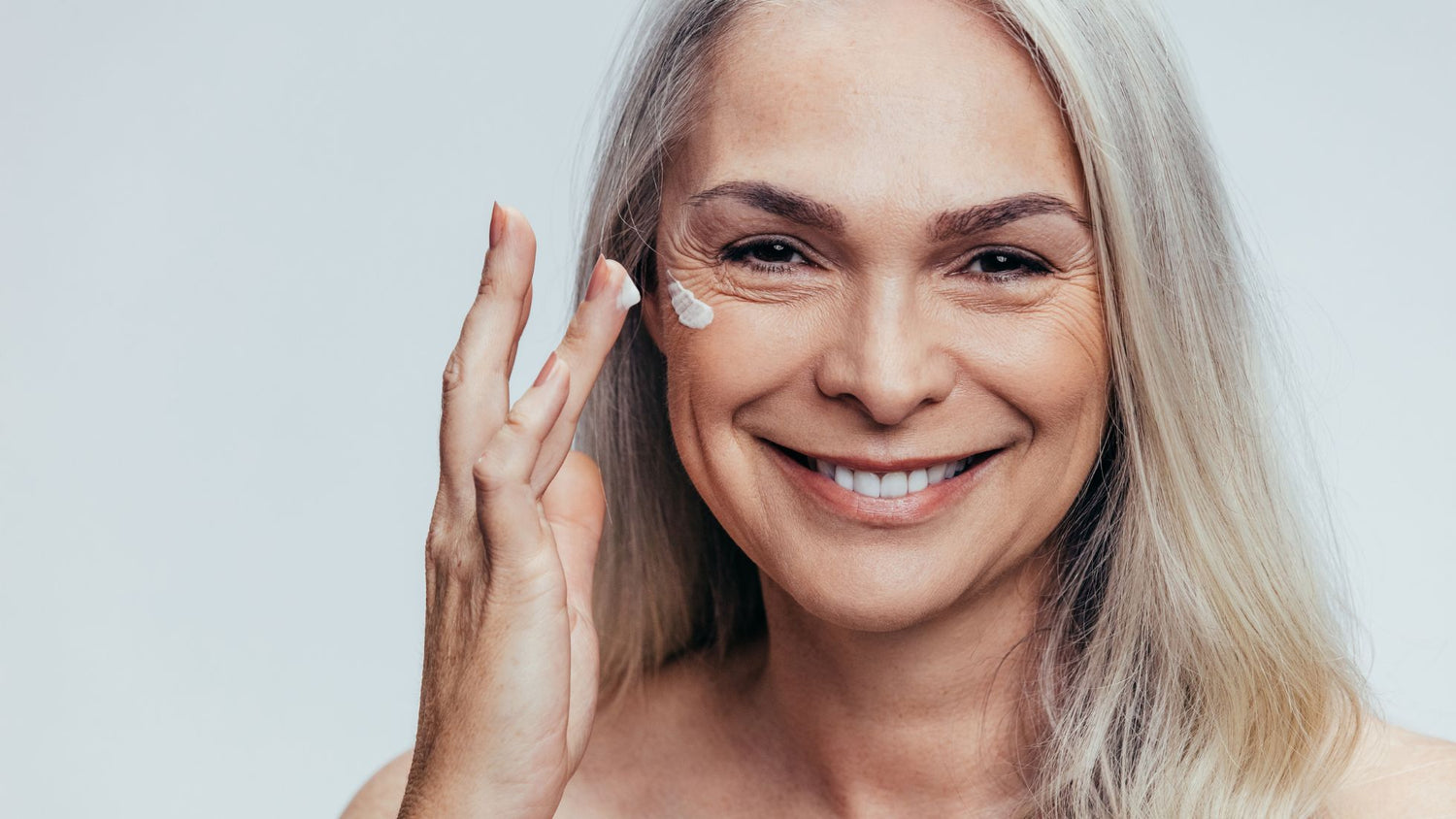
Cannabidiol (CBD) has gained significant popularity in the skin care industry over the past few years. Due to the various benefits CBD may have, it is possible that adding it to your daily routine may improve the overall health and appearance of your skin.
So, is CBD skin care just a trend, or is there real evidence behind its effectiveness? Let's explore the science behind some of its possible benefits and see what the hype is about.
The Benefits of CBD in Skin Care
CBD interacts with the endocannabinoid system (ECS), which is a complex network of receptors and signaling molecules that help to regulate various functions in our bodies.[1] Research has shown that cannabinoid receptors have even been found in various components of the skin such as epidermal keratinocytes, cutaneous nerve fibers, dermal cells, melanocytes, eccrine sweat glands, and hair follicles.[2]
Adding CBD to your skin care routine can have several potential benefits for the skin. Below, we will take a closer look at the evidence behind some of these benefits:
-
Improve Appearance of Acne: An over-abundance of sebum can lead to acne and cannabidiol has shown an ability to reduce sebum in the skin.[3] Pairing well with its anti-inflammatory properties, this makes CBD a smart choice for those looking to reduce the appearance of acne.
-
Reduce Inflammation and Redness: CBD's ability to reduce inflammation in the skin is possible by inhibiting the activity of pro-inflammatory cytokines.[4] This can be beneficial for people with inflammatory skin conditions like acne, eczema, and psoriasis. One study even demonstrated anti-inflammatory properties in an experimental, allergic contact dermatitis model.[5]
-
Protect and Restore Skin from Damage: CBD has been shown to have antioxidant properties, which can help to protect the skin from damage caused by free radicals.[6] Free radicals are unstable molecules that can damage cells and contribute to the development of aging and disease. CBD may also help reduce the damage caused by sun burn and other environmental stressors. One study was able to demonstrate that CBD could balance the oxidative stress response due to UVB irradiation and help protect membrane integrity in cells.[6]
- Moisturize Dry Skin: CBD has also been shown to have moisturizing properties, which can help to hydrate the skin and prevent dryness. One study found that CBD increased skin hydration and improved skin barrier function, which helps to prevent water loss and keep the skin moisturized.[7]
While CBD has several potential benefits for the skin, it's important to note that more research is needed to fully understand its effects on skin health. Additionally, not all CBD skincare products are created equal, and some may not contain enough CBD to provide significant benefits. It's possible that some people may have allergic reactions or other adverse effects to CBD, so it's important to patch test any new skincare products before using them on the face or body.
Types of CBD Skin Care Products
Skin care products come in various formulations. Let's take a closer look at some of the different types of skin care products that are being infused with CBD today:
-
Lotions: Lotions have a lightweight and fluid consistency. They are typically water-based and contain a mixture of oils and moisturizing ingredients. Lotions are easily spreadable and absorb quickly into the skin. They are suitable for normal to slightly dry skin types and are commonly used for daily moisturizing.
-
Creams: Creams have a thicker and richer consistency compared to lotions. They contain a higher concentration of oils and emollients, making them more hydrating and occlusive. Creams provide a protective barrier on the skin, helping to lock in moisture. They are suitable for dry and dehydrated skin types, and they work well as night creams or for areas that need intensive hydration.
-
Balms: Balms are thicker and more solid than creams. They have a dense texture and are often made with waxes, oils, and butters. Balms are highly emollient and provide deep hydration and nourishment to the skin. They are ideal for extremely dry or rough patches, such as lips, elbows, or knees. Balms can also be used as occlusive layers over other skincare products to seal in moisture.
-
Oils: Skin care oils are concentrated liquids that are typically derived from plants or natural sources. They come in various types such as jojoba oil, rosehip oil, or argan oil. Oils are highly moisturizing and nourishing, providing essential fatty acids and antioxidants to the skin. They can be used on their own as a moisturizer or added to other products for an extra boost of hydration. Oils work well for dry, dehydrated, or mature skin types.
- Serums: Serums are lightweight and highly concentrated formulations that contain active ingredients targeting specific skin concerns. They have a thin, gel-like consistency and are designed to penetrate deeply into the skin. Serums can address a range of issues such as aging, hyperpigmentation, or acne. They are usually applied after cleansing and toning and before moisturizing. Serums are suitable for all skin types, and you can choose one based on your specific skin concern.
It's important to note that these product categories can overlap and there can be variations in formulation and ingredients. Cannabidiol is not naturally water soluble, so you will tend to find higher concentrations of CBD in skincare products that contain a larger amount of oil-based ingredients.
It's always recommended to choose products based on your skin type, concerns, and personal preferences. Be sure to follow the manufacturer's instructions for use and start with a small amount of product to see how your skin reacts before using it more extensively.
CBD Skincare and Safety
When choosing a CBD skin care product, it's important to look for products that are formulated with high-quality, natural ingredients. Choose products that have undergone testing for purity and potency and avoid those that contain harmful additives or contaminants.
If you have any concerns about the safety or efficacy of a particular CBD skincare product, it's always a good idea to consult with a dermatologist or other healthcare professional before using it. You can also reach out directly to the company with any questions or concerns you may have.
While more research is needed to fully understand the potential benefits and limitations of using CBD in skincare, the available evidence suggests that it can be a safe and effective ingredient for improving the health and appearance of the skin. With the correct approach, CBD can be a valuable addition to any skincare routine.
Resources:
- Battista, N., Di Tommaso, M., Bari, M., & Maccarrone, M. (2012). The endocannabinoid system: an overview. Frontiers in Behavioral Neuroscience, 6. https://doi.org/10.3389/fnbeh.2012.00009
- Baswan, S. M., Klosner, A. E., Glynn, K. M., Rajgopal, A., Malik, K., Yim, S., & Stern, N. (2020). Therapeutic Potential of Cannabidiol (CBD) for Skin Health and Disorders. Clinical, Cosmetic and Investigational Dermatology, Volume 13, 927–942. https://doi.org/10.2147/ccid.s286411
- Oláh, A., Tóth, B. I., Borbiro, I., Sugawara, K., Szöllősi, A. G., Czifra, G., Pál, B., Ambrus, L., Kloepper, J. E., Camera, E., Ludovici, M., Picardo, M., Voets, T., Zouboulis, C. C., Paus, R., & Bíró, T. (2014). Cannabidiol exerts sebostatic and antiinflammatory effects on human sebocytes. Journal of Clinical Investigation, 124(9), 3713–3724. https://doi.org/10.1172/jci64628
- Peyravian, N., Deo, S. K., Daunert, S., & Jimenez, J. J. (2022). The Anti-Inflammatory Effects of Cannabidiol (CBD) on acne. Journal of Inflammation Research, Volume 15, 2795–2801. https://doi.org/10.2147/jir.s355489
- Petrosino, S., Verde, R., Vaia, M., Allarà, M., Iuvone, T., & Di Marzo, V. (2018). Anti-inflammatory properties of cannabidiol, a nonpsychotropic cannabinoid, in experimental allergic contact dermatitis. Journal of Pharmacology and Experimental Therapeutics, 365(3), 652–663. https://doi.org/10.1124/jpet.117.244368
- Atalay, S., Jarocka-Karpowicz, I., & Skrzydlewska, E. (2019). Antioxidative and Anti-Inflammatory properties of cannabidiol. Antioxidants, 9(1), 21. https://doi.org/10.3390/antiox9010021
- Ikarashi, N., Shiseki, M., Yoshida, R., Tabata, K., Kimura, R., Watanabe, T., Kon, R., Sakai, H., & Kamei, J. (2021). Cannabidiol application increases cutaneous aquaporin-3 and exerts a skin moisturizing effect. Pharmaceuticals, 14(9), 879. https://doi.org/10.3390/ph14090879



